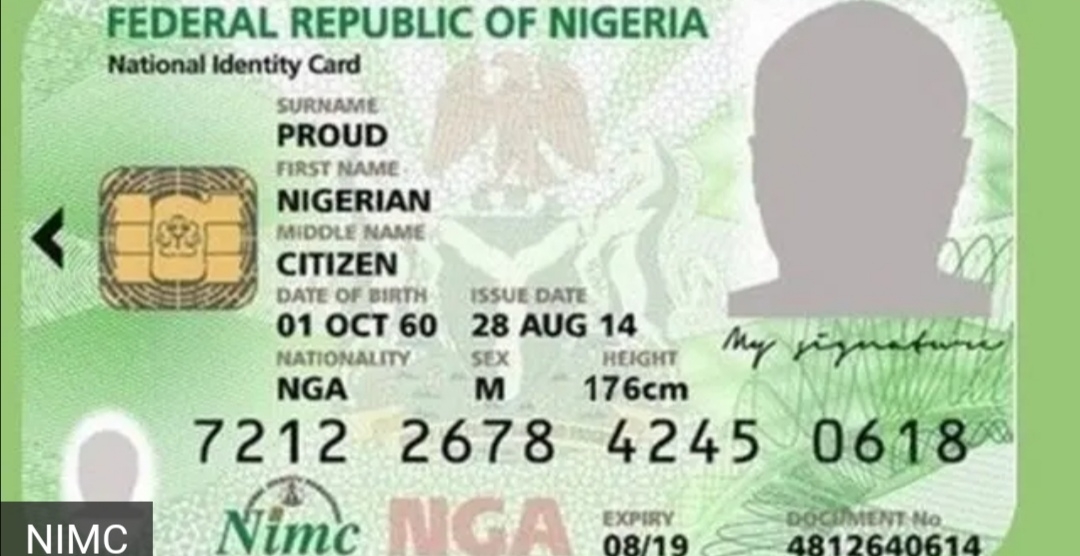At the casualty unit of the Jos University Teaching Hospital, JUTH, Abdulrazak a Yoruba did not look like the victim of the Jos crisis of November 28, 2008. Following the unusually high number of casualty cases, hospital bed spaces could not meet the demand. Thus the beds were reserved only for the critical cases. Abdulrazk and his younger sibling looked like visitors as they sat on top of the wards’ cupboard for patient’s paraphernalia. The two reside in the Hausa quarters of Rikkos in Jos-North. On the morning following the elections, some Hausa youths launched an attack on a Miango Quarters of Rikkos killing the men and throwing the remaining members of the families out of their houses. The houses were then set ablaze. The Yorubas who happened to live with the Hausas by virtue of Islamic brotherhood could not sleep. They were certain the Miango boys would launch a revenge attack. The Miango boys came some twenty-four hours later. They were according to Abdulrazak, little boys who drew their valor form the heavy weapons with which they were armed. All pleas fell on deaf ears. they later discovered themselves at the casualty unit of JUTH. JUTH, Plateau Hospital, ECWA Evangel Hospital and other auxiliary medical centers became a rendezvous of the living and the death from the different suburbs of the city were ferocious attacks followed the local polls of December 27.
In the terminal years of General Ibrahim Babangida, who ruled Nigerian between 1985 and 1993, Jos-North was created out of Jos Local Government Area (LGA) leaving the remainder as Jos-South. The northern portion happened to be the pearl and pride of the whole of Plateau State, which also included Nassarawa state at the time. The Berom were the predominant indigenous tribe of Jos LGA. The division of the Jos now left only a handful and helpless remnant of the Berom tribe in Jos-North. The other indigenes of Jos-North were the Jarawas and the Anagutas. When all ethnic groups of Nigeria residing in Jos-North are taken into account however, the Hausas who now started calling themselves the Jasawas (Josites) make up the largest ethnic group.
History of Crisis
The first Hausa man to be appointed the Administrator of Jos-North is Samaila Mohammed now representing Jos-North and Bassa LGAs at the House of Representatives in Abuja. He held the postion between 1990 and 1992. In 1994 Col. Mohammed Mana Governor of the state appointed late Aminu Mato as the Administrator of the LGA. It resulted in the first Jos ethno-religious crisis.
On September 2001 Governor Joshua Dariye tried to appoint a Hausa man as the state’s coordinator of the National Poverty Alleviation Programme (NAPEP). There were protests by indigenous tribes leading to the reversal of the decision by the Governor. Six days later fighting broke out between the Hausas and the indigenes. It was one of the worst crises ever witnessed in the history of not just Plateau State but the whole nation. Thousands of people died and any progress made in ethnic and religious relations were shattered.
The 2001 crisis in the city of Jos lasted for just three days. The result of the fight however created ripple effects that traveled across the state. The crisis lingered in the form of occasional attacks between the Moslems and the Christians in the different localities across the state. In May, it blew up so severely in the town of Yelwa in Shendam LGA in the south of the state.
Who is an Indigene in Jos-North?
The Yelwa crisis compelled the President, Gen. Olusegun Obasanjo to declare a state of emergency in Plateau State. An Administrator appointed by the President replaced the democratically elected Governor of the state Chief Joshua Dariye. During the period of emergency, a peace conference was held and attended by all ethnic groups of Nigeria that are well represented in the state. There were also delegates from social groups, NGOs and trade unions. At the end of the conference, it was agreed that the only indigenous tribes of Jos-North LGA are the Berom, Jarawas and the Anagutas. With the exception of the Hausas, Nigerian Bar Association, Nigerian Labour Congress and Jama’atu Nasril Islam (an Islamic NGO), all participants endorsed this resolution of the conference.
The Jasawas and the Federal Character
Appointments to fill vacancies in federal ministries, parastatals, and agencies, military and paramilitary organizations are based on the principles of the Federal Character Commission. The Commission allocates job quotas to the thirty-six states of Nigeran and Abuja. The state quotas are in turn shared among the local governments of the state. As long as the Jasawas are not recognized as indigenes of Jos-North, i they don’t stand the chance of getting appointed into these federal organizations. What the indigenes of Jos-North fear is an obvious fact that should the Hausas become citizens they would dominate the quotas available to Jos-North.
How the Hausas Win Elections in Jos-North
It is needless to stress that politics in Nigeria as a whole follow religious and ethnic paths. Of the twenty electoral wards of Jos-North, seven are strongholds of the Jasawas. The remaining thirteen are strongholds of the Christians. Whenever the Jasawas are able to strike a deal with a tribe that is well represented in Jos-North it helpls them to win elections, The Irigwe people make up the second largest ethnic group in Jos-North. In 1996 the Jasawas had a power sharing deal with the Irigwes. It yielded a beautiful dividend as the Jasawas won the set up a government in the LGA. After the 2001 crisis all indigenous tribes became jittery of any political deal with the Jasawas.







No comments:
Post a Comment